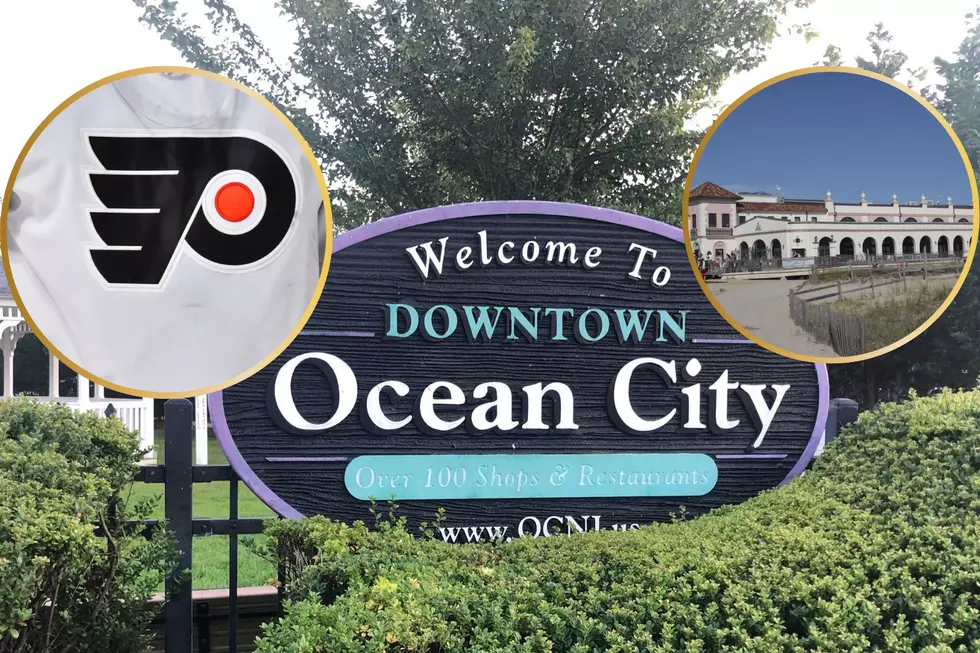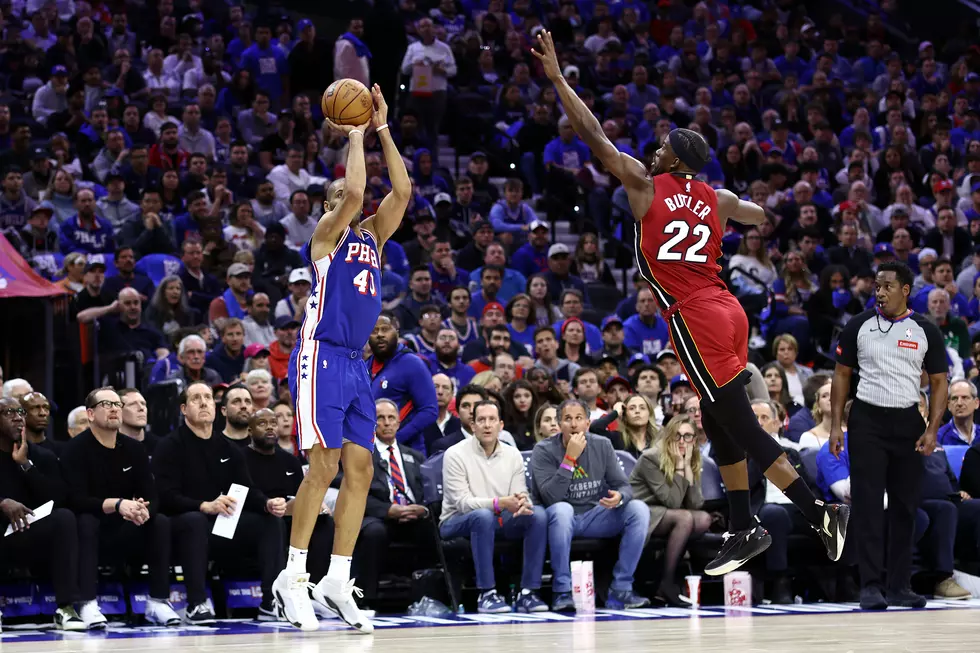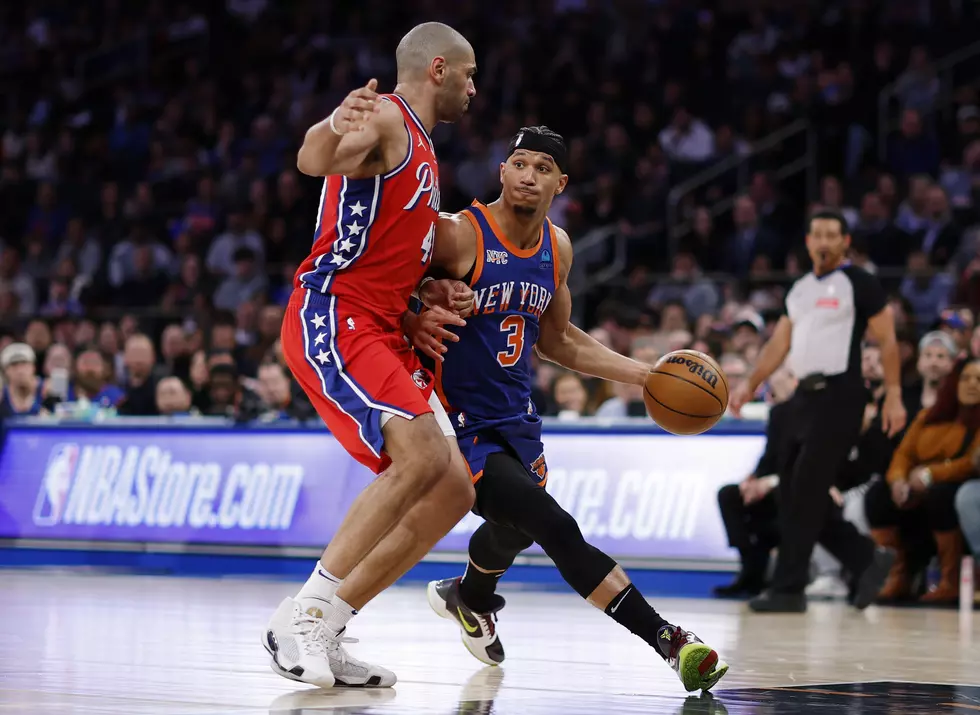
Could Heartburn or Gallstones Be Causing You Pain After Eating?
There’s nothing worse than enjoying a great, delicious meal and then feeling sick soon after eating.
When the digestive system isn’t working well, issues can arise after you eat that cause pain and discomfort. The most common problems are gastroesophageal reflux disease and biliary colic (commonly known as heartburn and gallbladder attack).
Virtua Gastroenterologist James Kimbaris, MD, shares the symptoms of both so you can determine if it’s time to see a gastroenterologist:
Could it be heartburn?
Almost all adults experience heartburn at some point in their lives. This results from acids that churn up from the stomach and into the esophagus. When this happens, it causes a burning sensation in the middle of the chest and throat and can leave an unpleasant taste in the mouth.
Occasional reflux can be treated or prevented with over-the-counter medications—especially for younger, healthy patients. However, when heartburn persists over an extended period or is not responding to medication, your doctor may want you to have an upper endoscopy to rule out more serious issues. In this procedure, the doctor uses a thin camera (scope) to examine the esophagus and look for early changes in the lining that can lead to esophageal cancer.
Tips to prevent heartburn
- Avoid high-fat foods such as burgers, ice cream and fried chicken.
- Avoid chocolate, caffeine and spicy foods.
- Avoid highly acidic foods such as oranges or tomato sauce.
- Stop smoking.
- Stop eating 2 to 3 hours before going to sleep. After-dinner snacking keeps stomach acids working at a time when you want your digestive system to settle down.
If you have heartburn that lasts a few weeks, see your doctor.
Is it a gallbladder attack?
Gallbladder attacks are another common digestive problem, and the culprit behind them is gallstones. These "stones" are mostly hardened cholesterol that create painful blockages in the gallbladder. The attacks usually occur after eating a fatty meal, and they can last for hours.
Gallbladder attack symptoms include pain on the right or center of the belly area—usually under the rib cage or shoulder blade—that may be accompanied by nausea, vomiting and fever. If you experience these symptoms, call your doctor right away.
If the pain is severe and persists for several hours, go to the nearest emergency room because, in a worst-case scenario, the gallbladder could rupture.
Surgery often is required to remove the stones and gallbladder to prevent future attacks. The procedure, called a cholecystectomy, often is minimally invasive and performed through a few small incisions.
Who is at risk for gallbladder problems?
- Anyone over age 60
- People with a family history of gallstones
- People who have lost a significant amount of weight rapidly
- Those who are overweight or obese
- Women who are pregnant or have been pregnant, use hormone replacement therapy, or take birth control pills
If you suffer from persistent heartburn or gallbladder attacks, it's time to have your symptoms evaluated by a doctor.
To make an appointment with a Virtua gastroenterologist, call 1-888-847-8823.
More From 97.3 ESPN









